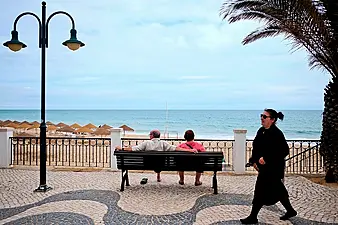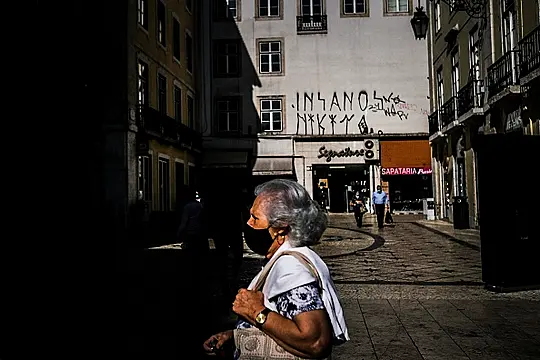Portugal on Thursday extended to a wider area of the country measures aimed at stemming a surge in coronavirus infections, with authorities scrambling to salvage the summer holiday season.
“We continue in a race against time between the vaccination and the pandemic,” Cabinet minister Mariana Vieira da Silva told a news conference. “The situation continues to deteriorate.”
Last week the government designated 60 municipalities as high or high-risk, but this number now rose to 90 as the more contagious Delta variant continues to spread, already representing all new cases in the Lisbon area and the popular Algarve region.
A night curfew starting at 11pm is in place in the 90 municipalities, which include Lisbon, Porto and tourist magnet Albufeira, where working from home also remains compulsory whenever possible. Mainland Portugal has 278 municipalities.
In 47 of the designated 90 municipalities – where the risk of transmission is deemed higher – people wanting to dine indoors at restaurants on Friday evenings or at the weekend must present a negative coronavirus test, a vaccination certificate or proof of recovery.

Supermarkets will from now on be able to sell rapid coronavirus tests, Vieira da Silva said.
Case numbers in Portugal, which has a population of 10 million, have been rising steadily in recent weeks, returning to levels last seen when the country was under a strict lockdown. It reported over 4,000 cases on Wednesday for the first time since February.
Daily deaths and hospitalisations remain well below February levels, with new cases primarily reported among younger, unvaccinated people.
Authorities have accelerated the inoculation rollout, but on Thursday, they temporarily suspended an “open house” vaccination service that allowed people over 40 to get the shot without booking an appointment in advance.







